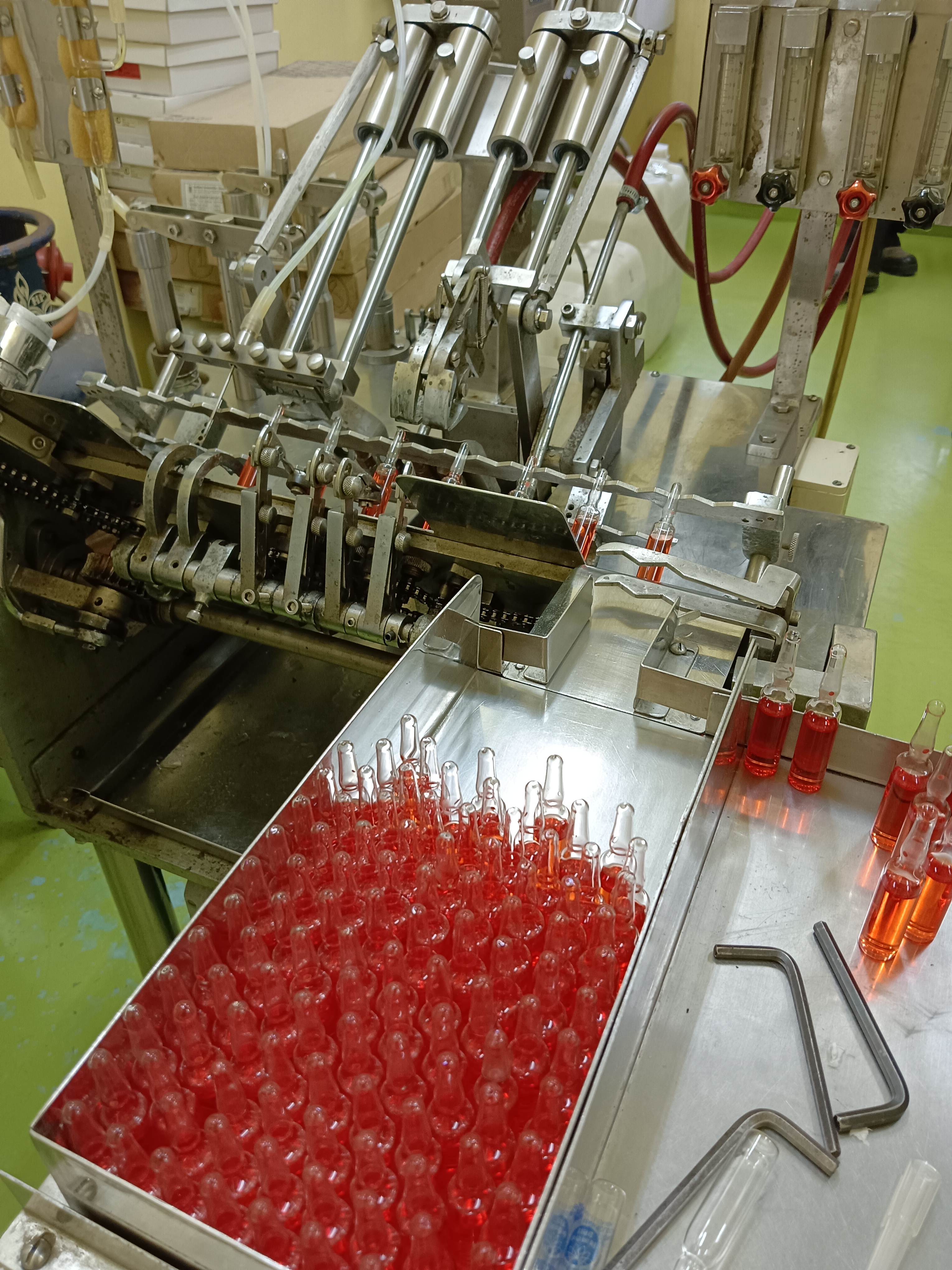

Radiation processing of food with its unique advantages is one of the important approaches to mitigate the postharvest food losses. It is also increasingly gaining market access for agricultural and horticultural produce to meet sanitary and phytosanitary requirements of international trade. Accurate absorbed dose measurements are essential in all irradiation facilities to ensure the desired objectives. However, no cost-effective dosimeters in the dose range of 25 to 1000 Gy are available in India. BARC has developed dye-based reliable, user-friendly and cost-effective dosimeter in the low dose range (25 to 1000 Gy) to meet the commercial requirement for food irradiation dosimetry.
Radiation processing of food with its unique advantages is one of the important approaches to mitigate the postharvest food losses. It is also increasingly gaining market access for agricultural and horticultural produce to meet sanitary and phytosanitary requirements of international trade. Accurate absorbed dose measurements are essential in all irradiation facilities to ensure the desired objectives. No cost-effective single dosimeter is available in the dose range of 25 to 1000 Gy in India. In view of this dye-based reliable, user-friendly and cost-effective dosimeter in the low dose range (25 to 1000 Gy) has been developed to meet the commercial requirement for food irradiation dosimetry
Dosimeter can be used in commercial scale to measure food irradiation dose in the range of 25 – 1000 Gy for various applications such as sprout inhibition, insect disinfestations and quarantine treatments.
Radiation processing of food with its unique advantages is one of the important approaches to mitigate the postharvest food losses. Food irradiation is an effective technique for value addition to food and agricultural commodities. This value addition includes prevention of losses caused by sprouting of bulbs and tubers, insect infestation of grains and pulses and their products during storage, ripening and senescence of fruits and vegetables. The technology is also used to pasteurize and even sterilize food and allied products for enhancing their shelf life and microbiological safety. It is also increasingly gaining market access for agricultural and horticultural produce to meet sanitary and phytosanitary requirements of international trade. Currently there are 26 numbers of Co-60 based food irradiation facilities are operational in India. Accurate absorbed dose determination in the food product is essential in all irradiation facilities to ensure the efficacy of irradiation. Dosimeters like Fricke, ceric-cerous sulphate, optichromic are in use to measure absorbed doses within their respective operational range. No cost-effective single dosimeter is available in the dose range of 25 to 1000 Gy in India. In view of this dye-based reliable, user-friendly and cost-effective dosimeter in the low dose range (25 to 1000 Gy) has been developed to meet the commercial requirement for food irradiation dosimetry.
Raw Materials required
Dye is available in the local market. Distilled water can be prepared in the laboratory
EQUIPMENTS
SPACE
POWER
MANPOWER

